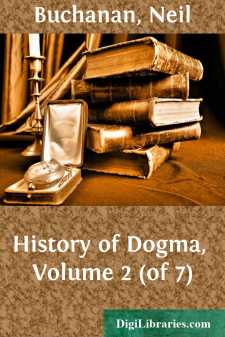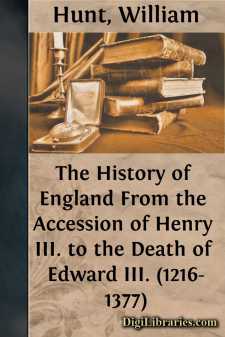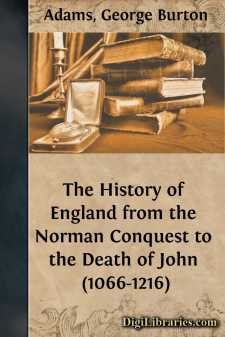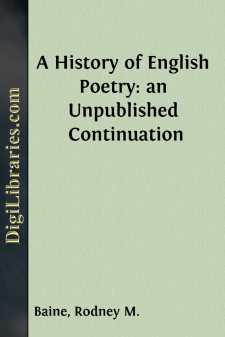Categories
- Antiques & Collectibles 13
- Architecture 36
- Art 48
- Bibles 22
- Biography & Autobiography 813
- Body, Mind & Spirit 142
- Business & Economics 28
- Children's Books 15
- Children's Fiction 12
- Computers 4
- Cooking 94
- Crafts & Hobbies 4
- Drama 346
- Education 46
- Family & Relationships 57
- Fiction 11829
- Games 19
- Gardening 17
- Health & Fitness 34
- History 1377
- House & Home 1
- Humor 147
- Juvenile Fiction 1873
- Juvenile Nonfiction 202
- Language Arts & Disciplines 88
- Law 16
- Literary Collections 686
- Literary Criticism 179
- Mathematics 13
- Medical 41
- Music 40
- Nature 179
- Non-Classifiable 1768
- Performing Arts 7
- Periodicals 1453
- Philosophy 64
- Photography 2
- Poetry 896
- Political Science 203
- Psychology 42
- Reference 154
- Religion 513
- Science 126
- Self-Help 84
- Social Science 81
- Sports & Recreation 34
- Study Aids 3
- Technology & Engineering 59
- Transportation 23
- Travel 463
- True Crime 29
Sort by:
CHAPTER I The Island of Cuba—Early colonists—Island aborigines—First importation of slaves—Cortez and his followers—Aztecs—The law of races—Mexican aborigines—Valley of Mexico—Pizarro—The end of heroes—Retributive justice—Decadence of Spanish power—History of Cuba—The rovers of the Gulf—Havana fortified—The tyrant Velasquez—Office of captain-general—Loyalty of the...
more...
by:
Neil Buchanan
HISTORICAL SURVEY. The second century of the existence of Gentile-Christian communities was characterised by the victorious conflict with Gnosticism and the Marcionite Church, by the gradual development of an ecclesiastical doctrine, and by the decay of the early Christian enthusiasm. The general result was the establishment of a great ecclesiastical association, which, forming at one and the same time...
more...
by:
William Hunt
CHAPTER I. THE REGENCY OF WILLIAM MARSHAL. When John died, on October 19, 1216, the issue of the war between him and the barons was still doubtful. The arrival of Louis of France, eldest son of King Philip Augustus, had enabled the barons to win back much of the ground lost after John's early triumphs had forced them to call in the foreigner. Beyond the Humber the sturdy north-country barons, who...
more...
by:
Frances Brooke
Vol. 1LONDON,Printed for J. DODSLEY, in Pall Mall.MDCCLXIX.TO HIS EXCELLENCY GUY CARLETON, Esq. GOVERNOR AND COMMANDER IN CHIEF OF His Majesty’s Province of QUEBEC, &c. &c. &c.SIR,As the scene of so great a part of the following work is laid in Canada, I flatter myself there is a peculiar propriety in addressing it to your excellency, to whose probity and enlightened attention the colony...
more...
CHAPTER I THE FOUNDATIONS OF ENGLAND 55 B.C.—A.D. 1066 "Ah, well," an American visitor is said to have soliloquized on the site of the battle of Hastings, "it is but a little island, and it has often been conquered." We have in these few pages to trace the evolution of a great empire, which has often conquered others, out of the little island which was often conquered itself. The mere...
more...
INTRODUCTION. PART I. ORIGIN OF HUMOUR. Pleasure in Humour—What is Laughter?—Sympathy—First Phases—Gradual Development—Emotional Phase—Laughter of Pleasure—Hostile Laughter—Is there any sense of the Ludicrous in the Lower Animals?—Samson—David—Solomon—Proverbs—Fables. Few of the blessings we enjoy are of greater value than the gift of humour. The pleasure attendant upon it...
more...
by:
David Hume
MY OWN LIFE. It is difficult for a man to speak long of himself without vanity; therefore I shall be short. It may be thought an instance of vanity that I pretend at all to write my life; but this narrative shall contain little more than the history of my writings; as, indeed, almost all my life has been spent in literary pursuits and occupations. The first success of most of my writings was not such...
more...
CHAPTER I. Burlesque—Parody—The "Splendid Shilling"—Prior—Pope—Ambrose Philips—Parodies of Gray's Elegy—Gay. Burlesque, that is comic imitation, comprises parody and caricature. The latter is a valuable addition to humorous narrative, as we see in the sketches of Gillray, Cruikshank and others. By itself it is not sufficiently suggestive and affords no story or conversation....
more...
CHAPTER I THE CONQUEST The battle of the 14th of October, 1066, was decisive of the struggle for the throne of England, but William of Normandy was in no haste to gather in the results of the victory which he had won. The judgment of heaven had been pronounced in the case between him and Harold, and there was no mistaking the verdict. The Saxon army was routed and flying. It could hardly rally short of...
more...
by:
Rodney M. Baine
INTRODUCTION Among the unpublished papers of Thomas and Joseph Warton at Winchester College the most interesting and important item is undoubtedly a continuation of Thomas Warton's History of English Poetry. This continuation completes briefly the analysis of Elizabethan satire and discusses the Elizabethan sonnet. The discussion offers material of interest particularly for the bibliographer and...
more...











